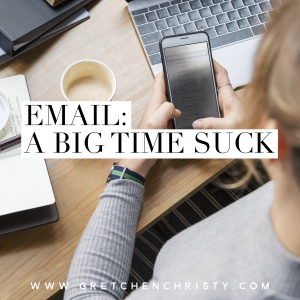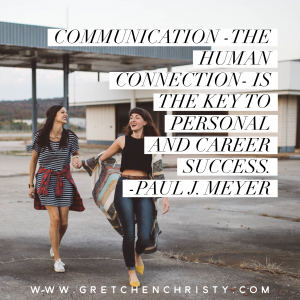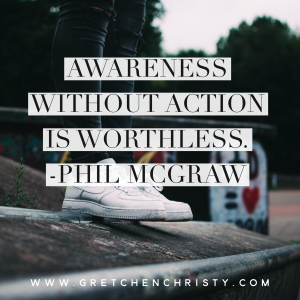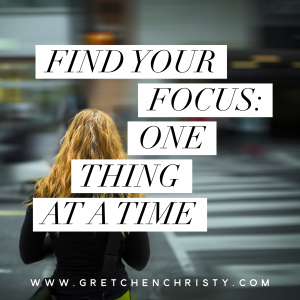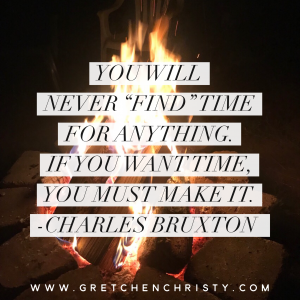 Do you ever find yourself saying if I could find the time I would…insert what you’ve been longing to do?
Do you ever find yourself saying if I could find the time I would…insert what you’ve been longing to do?
I’ve been finding myself doing that quite often lately. And you know, the time is always there. It’s up to you to make the time for it.
If you want to go to the pool for an afternoon, go to the lake and spend the day, visit your mom or your grandma, or sit by the bonfire, go do it! Make the time for it.
Whatever else it is that you think you have to do, can wait.
Or prioritize your day/evening so you can make both things happen. It’s totally doable!
“You will never “find” time for anything. If you want time, you must make it.”- Charles Bruxton
My family and I found the time to relax and sit by the bonfire. It was much needed and brought us all together. It’s important to make time for moments like this.
Warmly,

